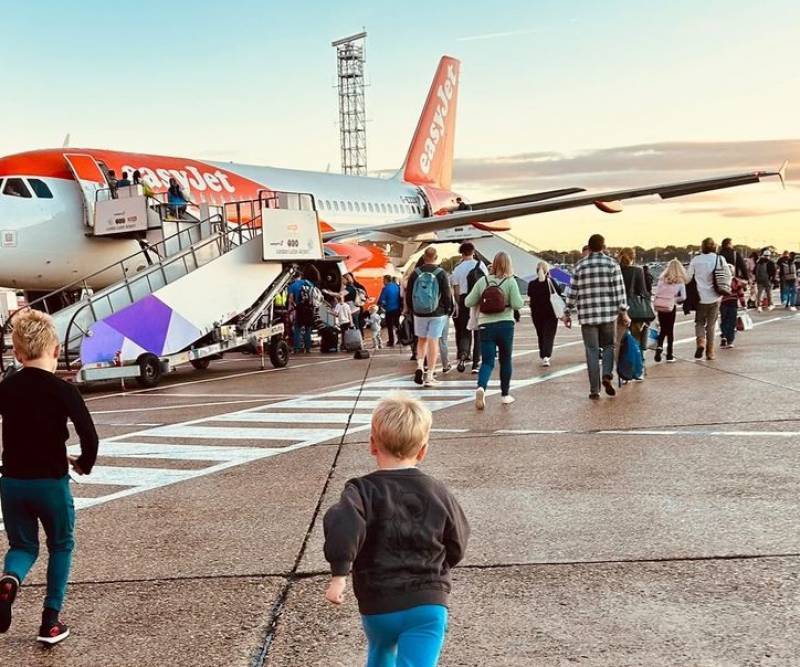Spanish News Today Editors Roundup Weekly Bulletin Dec 17
CLICK HERE FOR THE FEATURE ARTICLES "False scare over Christmas airport strikes in Spain" and "Intercity coach journeys made free for 2023"
Note: This is our penultimate Editor’s Roundup Weekly Bulletin of 2022. There will be one next week and then we’re taking a break from the bulletin until after the Three King’s holiday.
Just a week to go before Christmas and Spain has been drenched with a squall that left flooding and devastation in its wake in many places. Though some actually had weather warm enough to walk around without even a coat on, to the dismay of those stuck in northern Europe buried under snowdrifts!
And for those who had plans to come to Spain to spend the Christmas and New Year period, that’s where they thought they might stay – stuck in their home countries – after unions representing airport workers threatened strike action at the beginning of this week. It was a hairy 48 hours or so, but that decision has been reversed.
What hasn’t been reversed, thankfully, is the welcome decision to make 42 long-distance, interurban bus journeys free for regular travellers throughout the whole of 2023 – a relief for all those commuters wondering how they’re going to face the New Year with the cost of living still so high.
Get all the details in our second-to-last Editor’s Roundup Weekly Bulletin of the year:
Dreaming of a White Christmas?
While the UK and much of Europe are suffering sub-zero temperatures this week, Spain is having it’s own problems as
Storm Efraín has left half of the country battered and bruised. By far the worst affected area is landlocked Extremadura in the central-western part of Spain, but Andalucía and Castilla-La Mancha have come under a fair amount of pressure too.
Incredible images have emerged of families being rowed to safety in dinghies, while another man was rescued from the roof of his car in the Extremadura municipality of Valdebótoa after a river burst its banks and engulfed his vehicle. Hundreds of families have been evacuated from their homes, cars have been swept away and main roads were completely impassible this week, with an enormous sinkhole opening up between Cáceres and Badajoz.
At the same time, though, and weirdly enough, the Murcia Region actually had the
highest temperatures for a December in almost 40 years. People were going out in just their shirtsleeves in the plus-25 degree heat, the warmest temperatures recorded at this time of year since 1984, just to add to the bizarre weather we’ve had this year (remember the terrible floods last spring, the swelteringn heat and awful forest fires this summer…).
With only a week left until Christmas, meteorologists are not expecting temperatures across Spain to be quite so warm, but they’re certainly
ruling out a White Christmas. It will actually be a rather bright and sunny Christmas Day, if not necessarily warm, but given how things have been going recently… who knows what lies in store?!
Anyone who lives in Spain, or spends a fair bit of time here, knows that the houses aren’t really built for the cold. That’s why those in the know recommend spending more time outside during the winter. There is a sensible reason for this, though: spending more time outdoors, well wrapped-up of course, helps our bodies gradually acclimatise to the colder weather and we’ll be less sensitive to temperature fluctuations.
Other winter hacks include fuelling the body with warm, energy-dense food, making sure our homes are well insulated against drafts and allowing the natural morning sun heat our houses for us.
On the roads
It wouldn’t be a normal week without the DGT in Spain waxing lyrical about all of the seemingly innocent things us drivers do that can lead to a fine, but this time the traffic authorities are actually issuing a warning so that we don’t end up paying more than we bargained for.
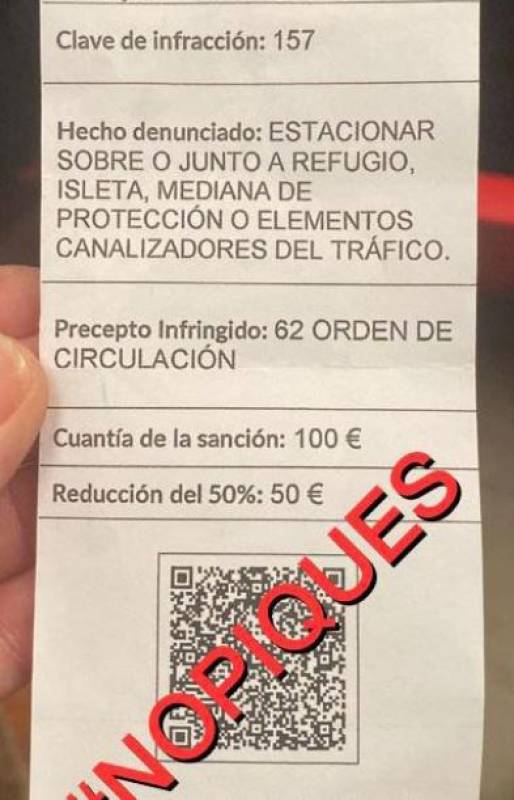
There’s a
new scam doing the rounds whereby motorists return to their parked car only to find a ticket on the wind-shield. A nightmare most of us have experienced at some point, especially during the festive season when we’re rushing and we chance leaving the car in a loading bay, or on double lines, ‘just for a minute’.
However, these parking fines have one key difference to the real ones issued by the DGT: a QR code.
At first glance, the tickets look legitimate enough: they bear the official logo, details and a code for the infraction, the fine amount and the reduced amount for early payment. The QR code is what should alert motorists to the fact that it’s a scam, and it’s designed to glean all kinds of personal information if you make the mistake of scanning it.
If you receive any kind of traffic fine containing a QR code, contact the authorities immediately as it’s most certainly a con and remember, the DGT never, ever leave fines on vehicle wind-shields; they are always sent via email or post.
Now of course, there are plenty of real reasons why we might get a fine from the DGT, and since these guys don’t mess around, they absolutely have to be paid. However, there’s plenty of
potentially harmful myths floating about how to avoid driving tickets but don’t be deceived and ignore tickets, or that already pricey ticket could wind up costing you a small fortune.
The most common fallacy is that if you receive a traffic fine in a different area of Spain, or indeed a different country, you can just bin it. Not so. The DGT’s net is cast wide, and these days, even if the infraction is committed abroad, the powers that be can track you down without any real problem.
Legally speaking, all infractions must arrive at the address that the driver has given to the DGT, but even if you never get the fine, you’re still responsible for it. Remember, you can get a big discount for paying early too, so if there’s a chance you’ve been caught out on the road, don’t ignore it.
Another lasting myth is that the authorities can’t fine you in shopping centre or supermarket car parks, but if you’re doing something you shouldn’t behind the wheel, you can be slapped with a fine on any land designated for public use, or on private land that is utilised by a community.
Finally, as a driver, you’re responsible for being fully up to date with any new legislation or regulations, and being ignorant of the law does not exempt you from having to comply with it.
Public transport news
Luckily though, the unions have confirmed that productivity payment for staff will be reinstated and the crisis is over.
Contrary to the truck driver strike initiated in Spain, which organisers claimed was thwarted by negative public reaction, CCOO believes the Spanish media was “key” in exerting “pressure” on airport bosses and securing better pay conditions for its employees.
Meanwhile, a list has been revealed of
all the long-distance bus routes in Spain that will be free next year. Like the famous ‘free trains’, you can travel by coach from city to city in Spain, but it is subject to certain conditions. You have to buy and complete all the journeys of a multi-ticket pass, for instance. But if you’re planning to go back and forth regularly between, say, Alicante and Murcia or between Madrid and Barcelona, or any other of the 42 bus routes available, it’s well worth your while to try and get a free ticket.
Murcia
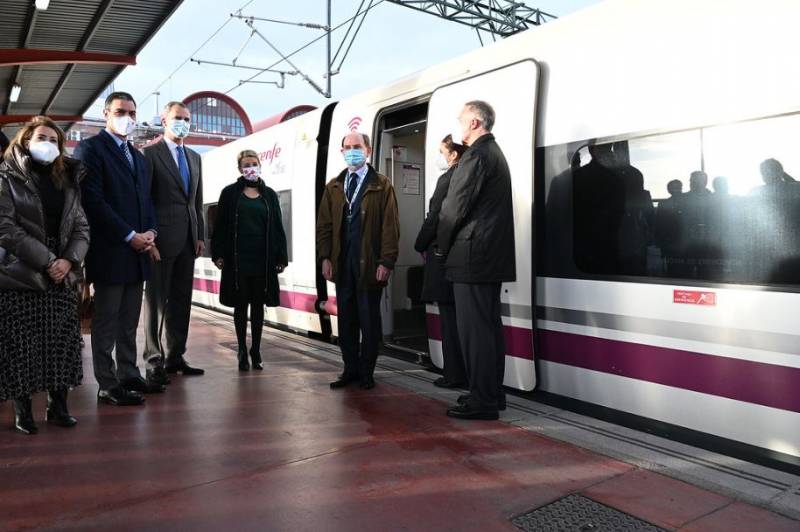
For the inaugural journey on Monday 19, though, the King of Spain himself, Felipe VI, and the President, Pedro Sánchez, will travel together from Madrid to Murcia (via Elche) and back again. Presumably they’re travelling for free, but for the common folk,
Renfe is offering tickets from just 19 euros on its website.
In addition, they’re offering
3-in-1 deals that include train tickets, a stay in a hotel and restaurant booking for people coming from Madrid to enjoy their stay in Murcia. What’s more, government sources have hinted that if there is enough demand, they will put on more than just four journeys a week. Looks like the Region of Murcia could be in for a real tourist and travel boost thanks to a rail connection to the Spanish capital in just over two and a half hours!
Over in Cabo de Palos, the weekly street market that normally takes part on a Sunday is still not fully operational. A couple of weeks ago the local traders refused to set up their market stalls as they weren’t happy with the Ayuntamiento de Cartagena’s choice of new location, just off the Carretera de La Manga by the Eurostar supermarket, saying there wasn’t enough room for loading and unloading their wares.
In an update to the alleged murder of a British woman on Mazarrón’s Camposol urbanisation, the autopsy has revealed that the woman – named Vanesa Carter –
had injuries that didn’t match with her partner’s account of events. The man (Michael, 69) had claimed that she tripped and fell, hitting her head against the curb when exiting the car.
However, other recent injuries found during the autopsy were sustained on the same day that Vanesa died outside her home. According to the coroner’s report, in addition to the head injury, several of her bones were fractured, there were fissures in her sternum and several ribs, and she had two broken ankles. These were not old injuries that would have healed, but are from around the time when she died, all of which is inconsistent with the suspect’s statement to police.
And so the removal of these useless, ugly objects started this Wednesday and it is hoped the permanently redundant objects will be recycled into something useful. In the meantime, a more practical use will be decided for the now vacant space.
Check out our EVENTS DIARY for everything going on in Murcia this Christmas and New Year:
Spain
One of the most noticeably Spanish Christmas traditions is to put up a nativity scene, or ‘Belén’ in homes, businesses and shops. You’ve probably seen loads of them just walking past the shop windows, some better than others. But if you look closely, there’s one curious thing almost all of them have in common that you might not associate with the miracle birth of Jesus Christ –
a man pooping in the corner.

Yes, you read that right! Originating in Catalonia but now popular all over Spain, the ‘
caganer’ or ‘
cagón’ as it’s called, is a little ornament, typically a farmer or peasant, wearing a red cap called a ‘
barretina’ and smoking a pipe, with his trousers down around his ankles and his bottom on show.
According to the fireside stories, not having a little pooping man could spell misfortune for the year ahead, as he symbolises the fertilisation of the land and brings luck and happiness to the home. He’s usually tucked away into a corner of the nativity scene to protect his dignity.
The reason is that parting with any money, regardless of how big or small the amount, is generally seen as making a donation, and this practice is subject to tax. This even includes the euro you give to a young nephew or the crumpled fiver your granny slips you on Christmas Day.
So if you give the gift of cash this year, by rights you should provide the Treasury with a tax statement within 30 business days or you could legitimately face a fine. Now, in reality, the tax authorities rarely take any action, but oftentimes it’s better to be safe than sorry. Therefore, if you are going to give or receive money as a gift this Yuletide, be sure to declare it to the Treasury to avoid possible problems and financial penalties.
Lastly, on a sad note, tragedy struck on the holiday island of Tenerife this week, landing a
British mum and daughter in the hospital. According to police reports, a large white van mounted the curb in the residential area of San Miguel de Abona and ploughed into the pair from behind before speeding off.
The younger woman suffered severe head injuries while her mother was hospitalised with moderate rib trauma. The hit-and-run driver is still at large.
Alicante
Ambitious plans to build almost 1,000 homes on what has been dubbed the last stretch of ‘virgin’ coastline in Orihuela Costa has been met with harsh opposition from Alicante environmentalists, who this week publicly denounced the project. The Federación de Asociaciones de Orihuela Costa-Alicante and the Amigos de Sierra Escalona (ASE) have been protesting for years against urban development on the municipality’s shoreline.
ASE has argued that “the land is at geomorphological risk of flooding” and “approval of the development would be a complete absurdity as it would mean the continuation of the irrational commitment to the clogging up of the coastline”.
“This project would mean building nearly 1,000 homes to house almost 2,400 people in an already overcrowded environment. Measures are urgently needed to stop the urbanisation of the few remaining undeveloped plots of land on the coastal strip of the Vega Baja,” argued ASE President, Miguel Ángel Pavón.
The council is considering creating two car parks on both sides of the N-332, just a seven-minute walk from the coastline, in addition to improving access to an existing car park at the back of the hotel next to the N-332. Also on the table is a new a shuttle bus service linking the shopping centre with the beach, passing through the various park-and-ride car parks and stopping at existing bus stops along the route.
“The aim is that residents and tourists can enjoy a more pedestrian-friendly environment in La Zenia, with decongested roads, especially in the summer months,” added Noguera.
The display is now located at the entrance to the sports centre to “guarantee the safety of the decoration in a safer and more controlled municipal space”, explained the council. Mayor Jesús Villar and the Councillor for Fiestas, Asun París, has “condemned” the vandalism, adding: “It is regrettable that due to the uncivic attitude of some people, the public could not enjoy a decoration which the Town Hall had gone to great lengths to display at the entrance to the municipality.”
Andalucía
On Spain’s southern coast, a short walk over the border from the Cadiz town of La Línea de la Concepción, the British Overseas Territory of Gibraltar is still trying to find its place in a post-Brexit world. Six years after the UK voted to leave the European Union, and two years after it actually did, Gibraltar and Spain have yet to finish hashing out the final terms of how they’re going to survive together – one inside the EU and the other out.
And while they talk and talk and talk, real people are affected daily by the lack of clarity between the two localities. This week, dozens of passengers who were supposed to be on an easyJet flight from Gibraltar to London were delayed after their the bad weather meant their flight had to be diverted to leave from Malaga Airport instead. Annoying, but normally wouldn’t be the end of the world – the airline just put on a coach service to transfer them to the Costa del Sol airport – except the bus was
held up at the border to Spain by officials and several Britons refused entry as they didn’t have EU passports and permission to be in Spain.
Despite protesting that they had been given new flight tickets proving that they were being transferred to Malaga airport, the group of Brits missed their flight. Sure to be just one of many problems that will continue to arise between Spain and the Rock over the necxt two years (at least)…
Things are going better for easyJet at Malaga Airport itself, as the low-cost airline has announced this week that it is planning to operate a
new flight connection with Lyon, France as of next summer. The new link will connect the Costa del Sol airport with Lyon twice a week, on Tuesdays and Saturdays, starting from June 3, 2023, and tickets are already on sale.
This is the second connection from Malaga to a French city offered by the budget operator, with passengers already able to fly from the province to Paris-Charles de Gaulle airport.
You may have missed…
- Suggestions for rural tourism over Christmas and the New Year in the Region of Murcia.
Inland destinations to get away from it all and enjoy a “real” Christmas in the Costa Cálida!
- Major changes to parental leave under new Spanish Family Law.
After several weeks of disagreement and delay, Spain has given the green light to the draft Family Law under which unmarried couples and different types of families will now be fully recognised by law.
- New motorhome and campsite in the Murcia Region opens in Águilas.
A new caravan parking site, the Dümo Camperpark, has opened in the Region of Murcia on the site of the old ‘Los Geráneos’ campsite in Águilas.
- Three tourists found dead in the Sierra Nevada ski resort in Spain in four days.
The bodies of a Belarusian man and two Hungarian women have been discovered in Spain's Sierra Nevada ski resort in Granada, less than a month after it opened for the season.
- Spain gives financial backing to companies trialling 4-day work week.
To qualify for the subsidy, businesses must reduce working hours by a minimum of 10% without cutting wages and they must commit to the programme for two years.
That’s it for this week. By the way, this is our second-to-last Editor’s Weekly Roundup Bulletin of the year. There’ll be one more next week, just before Christmas, and then we’ll be off for two weeks. So after that you can expect your next edition to come through on January 13.
Thanks for reading, and see you next week!
Got a business in Spain? Advertise with us.
Murciatoday.com and its affiliated Spain Today Online sites can help bring your business to a wider audience – over 350,000 unique readers every month. We’ll provide you with custom-made banner ads, a personalised listing in our Business Directory and special feature articles about your particular business niche.
Don’t limit yourself to the yellow pages. Get online! After Covid, can you afford not to? Contact us today to find out how we can get wider exposure for your business.

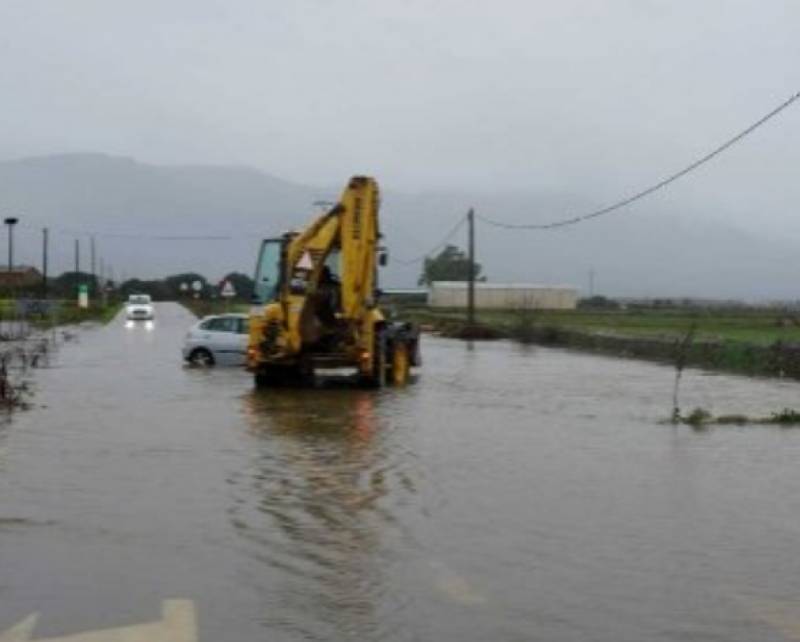
 There’s a new scam doing the rounds whereby motorists return to their parked car only to find a ticket on the wind-shield. A nightmare most of us have experienced at some point, especially during the festive season when we’re rushing and we chance leaving the car in a loading bay, or on double lines, ‘just for a minute’.
There’s a new scam doing the rounds whereby motorists return to their parked car only to find a ticket on the wind-shield. A nightmare most of us have experienced at some point, especially during the festive season when we’re rushing and we chance leaving the car in a loading bay, or on double lines, ‘just for a minute’.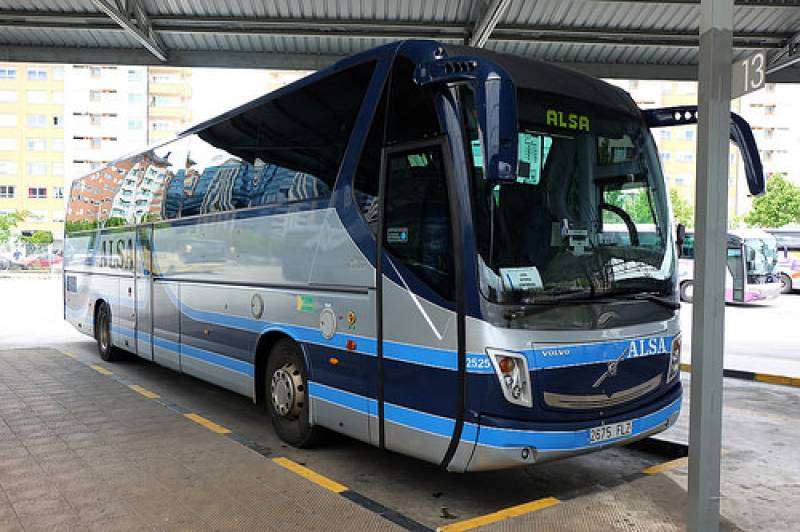
 For the inaugural journey on Monday 19, though, the King of Spain himself, Felipe VI, and the President, Pedro Sánchez, will travel together from Madrid to Murcia (via Elche) and back again. Presumably they’re travelling for free, but for the common folk, Renfe is offering tickets from just 19 euros on its website.
For the inaugural journey on Monday 19, though, the King of Spain himself, Felipe VI, and the President, Pedro Sánchez, will travel together from Madrid to Murcia (via Elche) and back again. Presumably they’re travelling for free, but for the common folk, Renfe is offering tickets from just 19 euros on its website.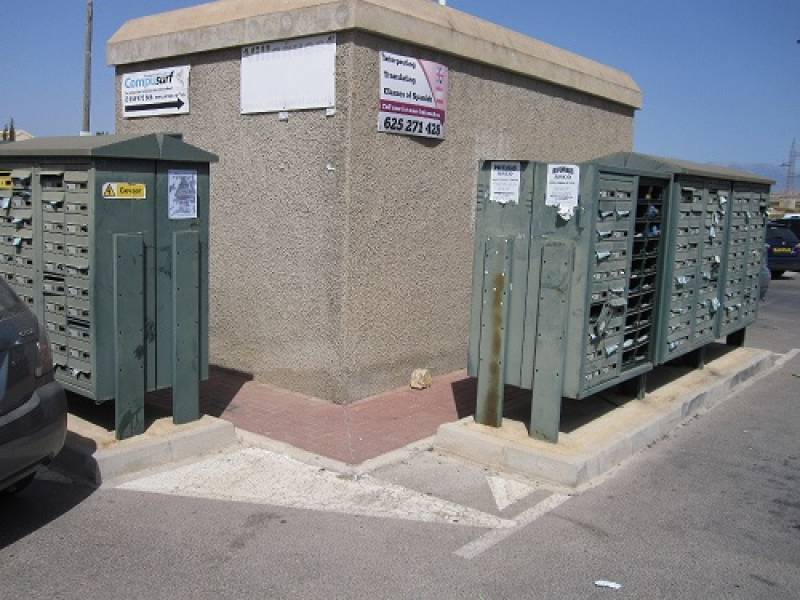 While the Camposol community tries to come to terms with this terrible tragedy, work is afoot to try and beautify the place by ripping out almost 650 much maligned and dilapidated post boxes which have been an eyesore for many years. These mailboxes have been used as rubbish bins and late-night toilets many a time, but not once has anyone ever posted anything from them. Even the whereabouts of the keys to open them is a mystery.
While the Camposol community tries to come to terms with this terrible tragedy, work is afoot to try and beautify the place by ripping out almost 650 much maligned and dilapidated post boxes which have been an eyesore for many years. These mailboxes have been used as rubbish bins and late-night toilets many a time, but not once has anyone ever posted anything from them. Even the whereabouts of the keys to open them is a mystery. Yes, you read that right! Originating in Catalonia but now popular all over Spain, the ‘caganer’ or ‘cagón’ as it’s called, is a little ornament, typically a farmer or peasant, wearing a red cap called a ‘barretina’ and smoking a pipe, with his trousers down around his ankles and his bottom on show.
Yes, you read that right! Originating in Catalonia but now popular all over Spain, the ‘caganer’ or ‘cagón’ as it’s called, is a little ornament, typically a farmer or peasant, wearing a red cap called a ‘barretina’ and smoking a pipe, with his trousers down around his ankles and his bottom on show.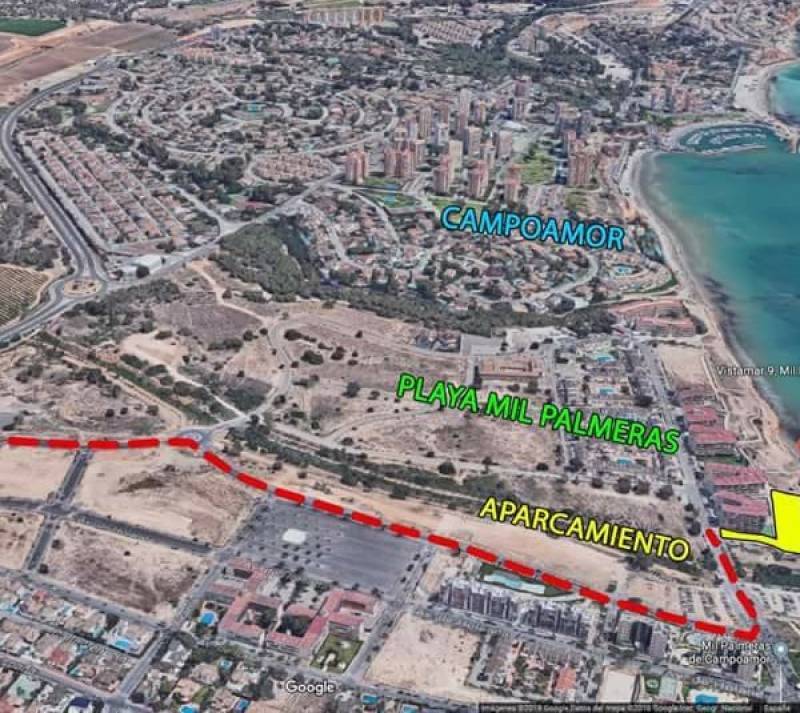
 Meanwhile, elsewhere in Alicante province, heartless vandals repeatedly damaged and stole Christmas decorations erected on a roundabout on the main entrance to San Vicente del Raspeig last weekend. To add insult to injury, a car mounted the grass roundabout and ploughed into the display in a freak accident, forcing the local council to move the festive centrepiece, made up of gnome-like characters, a bear and large presents, to Calle Denia.
Meanwhile, elsewhere in Alicante province, heartless vandals repeatedly damaged and stole Christmas decorations erected on a roundabout on the main entrance to San Vicente del Raspeig last weekend. To add insult to injury, a car mounted the grass roundabout and ploughed into the display in a freak accident, forcing the local council to move the festive centrepiece, made up of gnome-like characters, a bear and large presents, to Calle Denia.